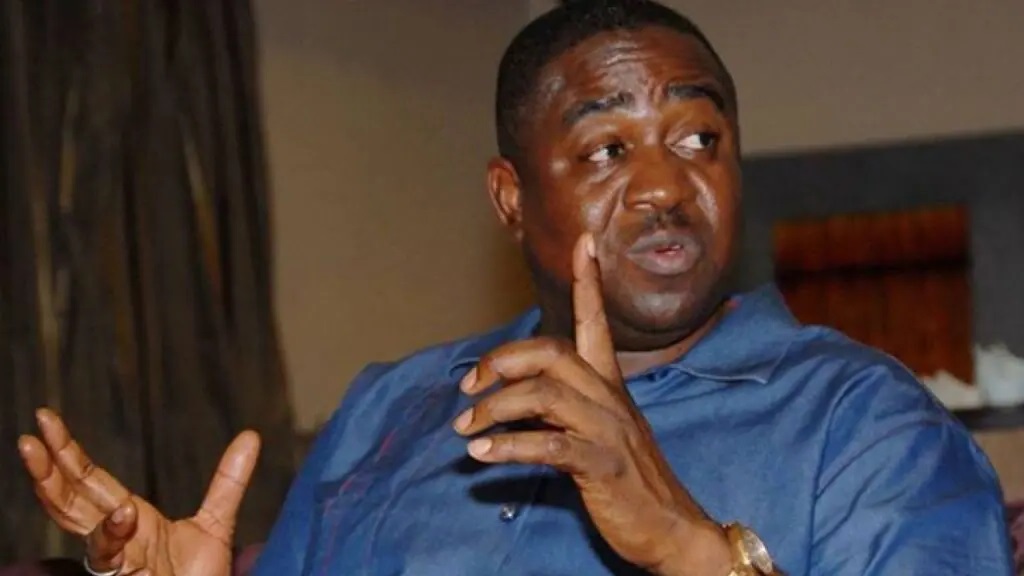MAKURDI, Nigeria – A former governor of Benue State, Gabriel Suswam, has voiced strong opposition to the establishment of state police in Nigeria, arguing that such a move would lead to greater misuse of power by state governors and potentially destabilise the country.
In an interview with the News Agency of Nigeria (NAN) in Abuja published on Sunday, April 29, 2024. Suswam, who governed Benue for eight years, shared his concerns about the potential dangers of state-controlled police forces.
“I won’t support the idea of having a Police Force controlled by the governors. It is not good for Nigeria,” he stated, echoing sentiments expressed by the Inspector-General of Police that the nation is not mature enough for state police.
Suswam highlighted the risk of governors using state police as a tool against political opponents, drawing parallels with the conduct of local government elections, where he claimed that governors often manipulate outcomes to benefit their ruling parties.
“I was a governor for eight years and know the power the governors wield. If you add state police to them, the security situation will get just worse,” Suswam said.
“Local governments are placed under the states and governors conduct elections into the councils.
“The ruling party always pick all the seats and won’t allow the opposition to pick even a councillor seat.
“To perfect such a dictatorship, they use the federal police. Imagine what will happen when they have a state police force under their armpits.”
Reflecting on historical precedents, Suswam recalled the dissolution of the Native Police in Northern Nigeria due to its arbitrary use of power.
He warned that a similar scenario could unfold on a larger scale if governors were given control over state police forces.
“The hardline attitude of the Native Police will be a child’s play when compared with what state governors could do with a police force totally under their control,” he argued.
While acknowledging that some governors might use state police forces positively, Suswam stressed that the majority could misuse such power, leading to increased crises and conflicts between state and federal police forces.
Concerns were also raised about the recruitment process for state police, with Suswam fearing that governors might hire from a pool of unemployed youth and criminals, further endangering public safety.
Instead of state police, Suswam advocated for community policing as a safer alternative, where local teams could monitor and report suspicious activities to the federal police, thus maintaining a balance of power and ensuring community involvement in security measures.
As the debate over state police continues, Suswam called on the National Assembly to consider the national interest and the potential consequences of expanding gubernatorial power through state police.







